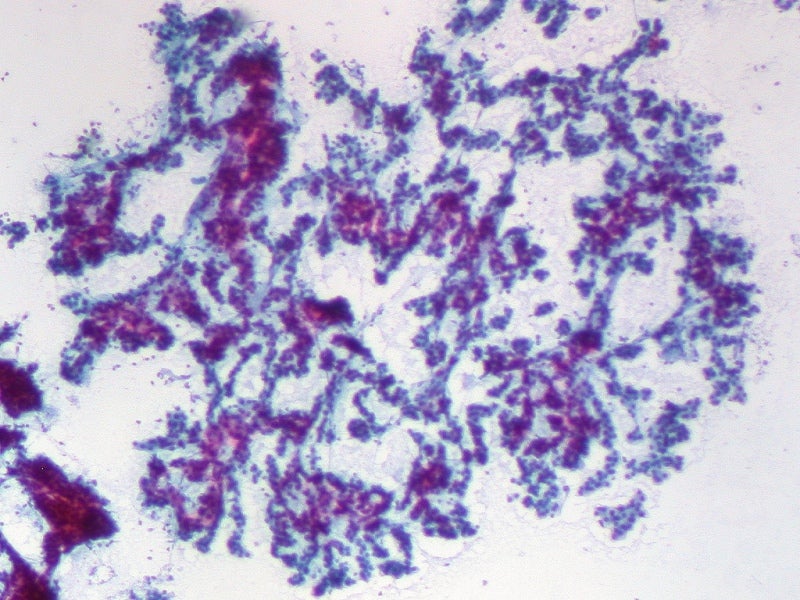
Exelixis and Ipsen have begun the Phase III COSMIC-312 trial of cabozantinib (cabometyx) in combination with atezolizumab (tecentriq) against sorafenib in patients with previously untreated advanced hepatocellular carcinoma (HCC).
HCC is the most common type of liver cancer worldwide and prognosis for those with an advanced stage of the disease is poor.

Discover B2B Marketing That Performs
Combine business intelligence and editorial excellence to reach engaged professionals across 36 leading media platforms.
The pivotal, randomised, controlled trial will recruit around 640 patients at up to 200 sites worldwide.
It will also include an exploratory arm to assess cabozantinib monotherapy in the first-line setting.
Patients will be randomised in 6:3:1 ratio to receive either cabozantinib (40mg) and atezolizumab, sorafenib, or cabozantinib (60mg).
The trial’s co-primary endpoints are progression-free survival and overall survival.

US Tariffs are shifting - will you react or anticipate?
Don’t let policy changes catch you off guard. Stay proactive with real-time data and expert analysis.
By GlobalDataExelixis will sponsor the COSMIC-312 study, which is co-funded by Ipsen.
Exelixis Product Development and Medical Affairs president and chief medical officer Gisela Schwab said: “Liver cancer is the fastest-rising cause of cancer-related death in the US, underscoring the need for new treatment options for this patient community.
“Based on past evidence of potential synergistic effects with cabozantinib and immune checkpoint inhibitors, the combination offers promise for patients with advanced liver cancer who have not received prior treatment.”
Ipsen will use the results from the trial to support potential future regulatory submissions outside the US and Japan.
Roche Group member Genentech will supply atezolizumab for the trial.
COSMIC-312’s lead investigator R. Kate Kelley said: “With more than 800,000 new diagnoses of liver cancer worldwide each year and a poor prognosis for patients with advanced disease, there is an urgent need to identify new treatment options.”





